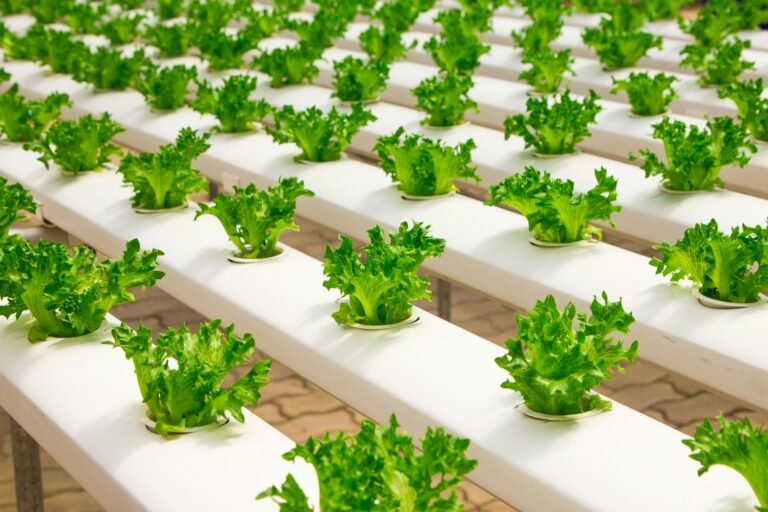Step in to the innovative realm of Vertical Gardening and Vertical Farming
Our Mission:
We are losing greenery as cities grow bigger with more buildings and concrete. This makes it harder for life on Earth to survive. Our goal is to inspire and encourage everyone to grow more greenery and make the world a healthier place to live.
Watch the video about vertical garden
Watch the video about vertical farm
Vertical Agriculture:
New Way for Farmers and Gardeners Around the World
Vertical agriculture, often called vertical farming, is an innovative farming and gardening practice that involves growing crops in vertically stacked layers or structures. This method leverages advanced technologies such as controlled-environment agriculture (CEA), hydroponics, aeroponics, and aquaponics to optimize growth conditions and maximize yield in limited spaces. It is gaining traction worldwide as a sustainable, efficient, and resource-conscious alternative to traditional farming methods.

